In an increasingly digital world, remote collaboration has become essential for productivity and innovation. Designing effective strategies and tools for this collaboration can significantly enhance team dynamics and project outcomes.
Understanding Team Needs
Identifying specific team requirements is crucial.
Each team has unique dynamics and varying levels of technical expertise. Conducting an assessment to understand these needs can help tailor collaboration tools and practices accordingly. Surveys or interviews can be beneficial in gathering this data. Additionally, recognizing preferred communication styles facilitates smoother interactions. This groundwork sets the foundation for effective collaboration.
Choosing the Right Tools
Selecting appropriate collaboration tools enhances productivity.
The variety of tools available for remote collaboration can be overwhelming. It’s important to choose those that best fit the team’s workflow and objectives. Features such as video conferencing, project management, and real-time document editing should be evaluated. Integration capabilities with other systems can also be a deciding factor. Ensuring the tools are user-friendly will promote greater adoption among team members.
Establishing Clear Communication Guidelines
Clear communication protocols are essential for remote teams.
Without visual cues and physical presence, miscommunication can easily occur. Setting guidelines for communication frequency, channels, and response times is necessary. Regular check-ins can provide a structured format for updates and discussions. Encouraging a culture of transparency helps team members feel connected and informed. All members should be made aware of these guidelines to ensure consistency.
Fostering Team Engagement
Engagement strategies keep team morale high.
Remote collaboration can sometimes lead to feelings of isolation. Implementing regular team-building activities fosters camaraderie, even in virtual settings. Activities can range from virtual coffee breaks to collaborative games. Recognizing individual contributions can also boost motivation and engagement. Creating an inclusive environment encourages participation and connection among team members.
Implementing Flexible Work Practices
Flexibility accommodates diverse working styles.
Remote work allows individuals to work in environments where they are most productive. Offering flexible work hours can cater to different personal circumstances and time zones. This approach can lead to improved work-life balance and increased job satisfaction. Establishing core hours for collaboration while allowing flexibility in the rest encourages team cohesion. All members should feel comfortable discussing their needs openly.
Encouraging Continuous Feedback
Regular feedback processes enhance collaboration.
Feedback is vital for growth and improvement in team dynamics. Establishing continuous feedback loops can help identify issues and areas for enhancement. Regular evaluations can be undertaken to adjust workflows and tools as needed. Open forums for sharing constructive feedback promote a culture of learning. Actively seeking input empowers team members and reinforces their value.
Evaluating Collaboration Effectiveness
Assessing collaboration outcomes ensures alignment with goals.
Regular evaluation of collaboration effectiveness helps in understanding what works and what needs improvement. Metrics such as project completion rates and team satisfaction surveys can provide insights. Facilitating discussions around successes and challenges can foster a culture of continuous improvement. Adjustments should be made based on these evaluations to refine practices. This commitment to assessment will ultimately drive better results.
In summary, designing for remote collaboration involves careful consideration of tools, communication strategies, and team engagement practices. By prioritizing the unique needs of the team and fostering a culture of continuous improvement, organizations can create a supportive and productive remote working environment.

